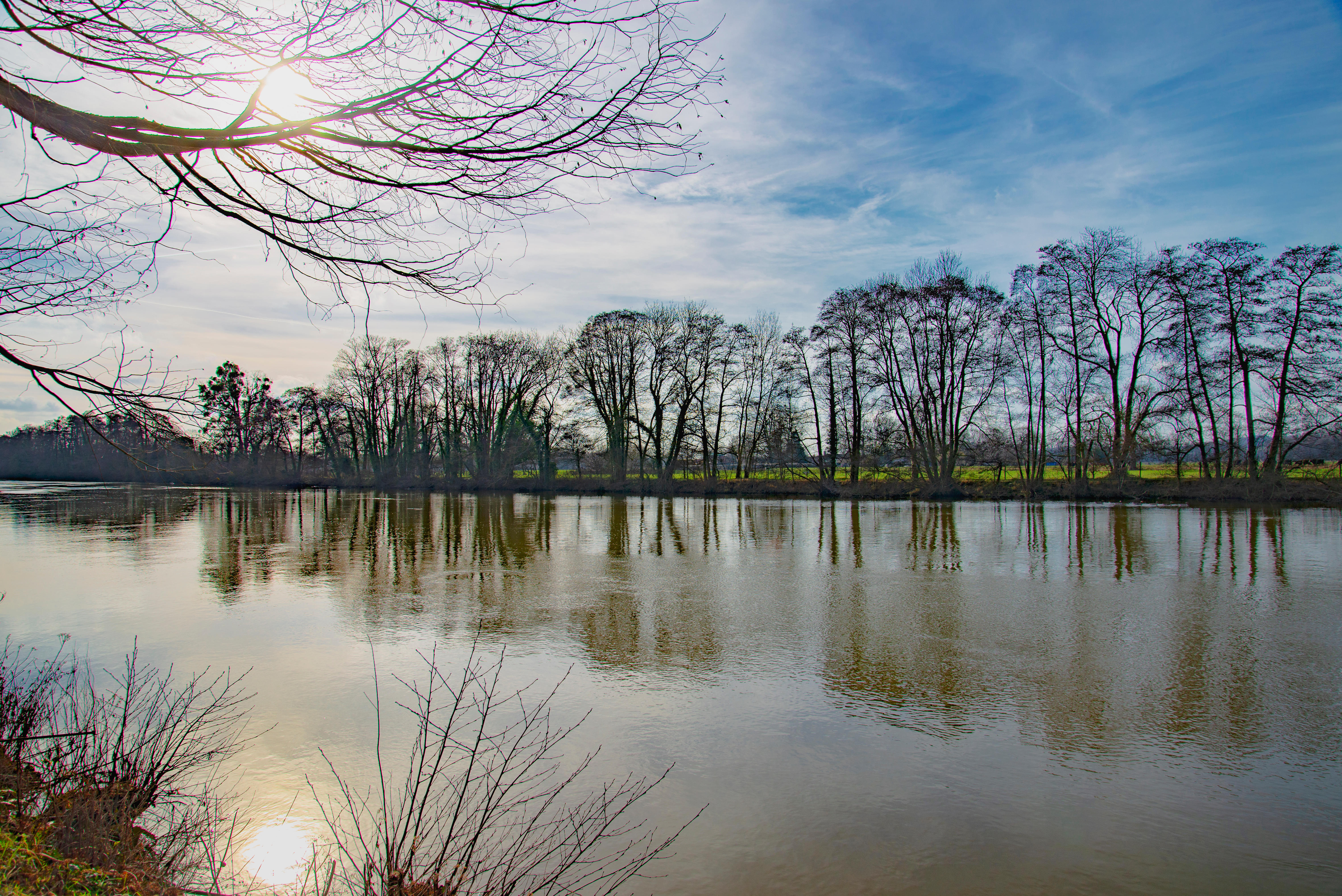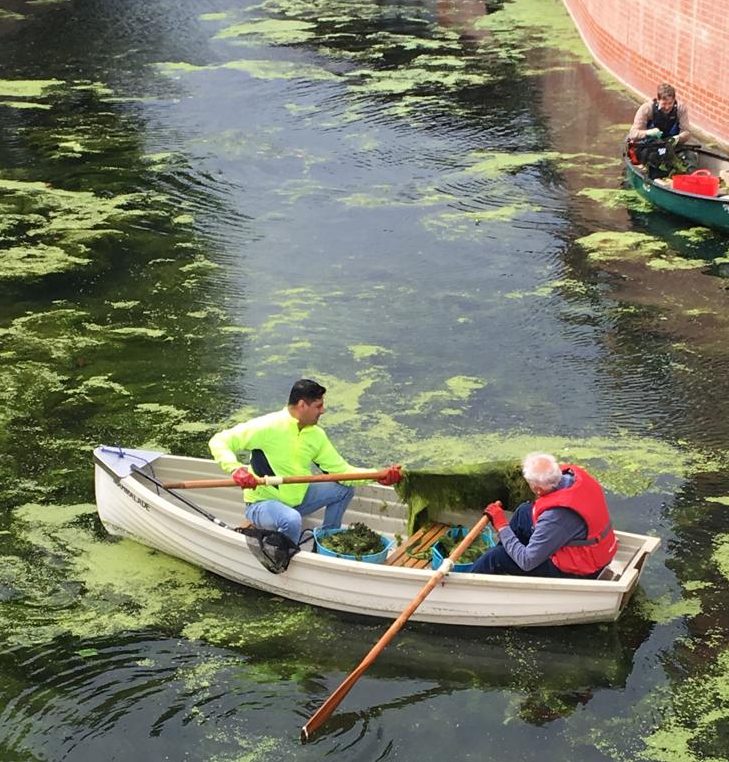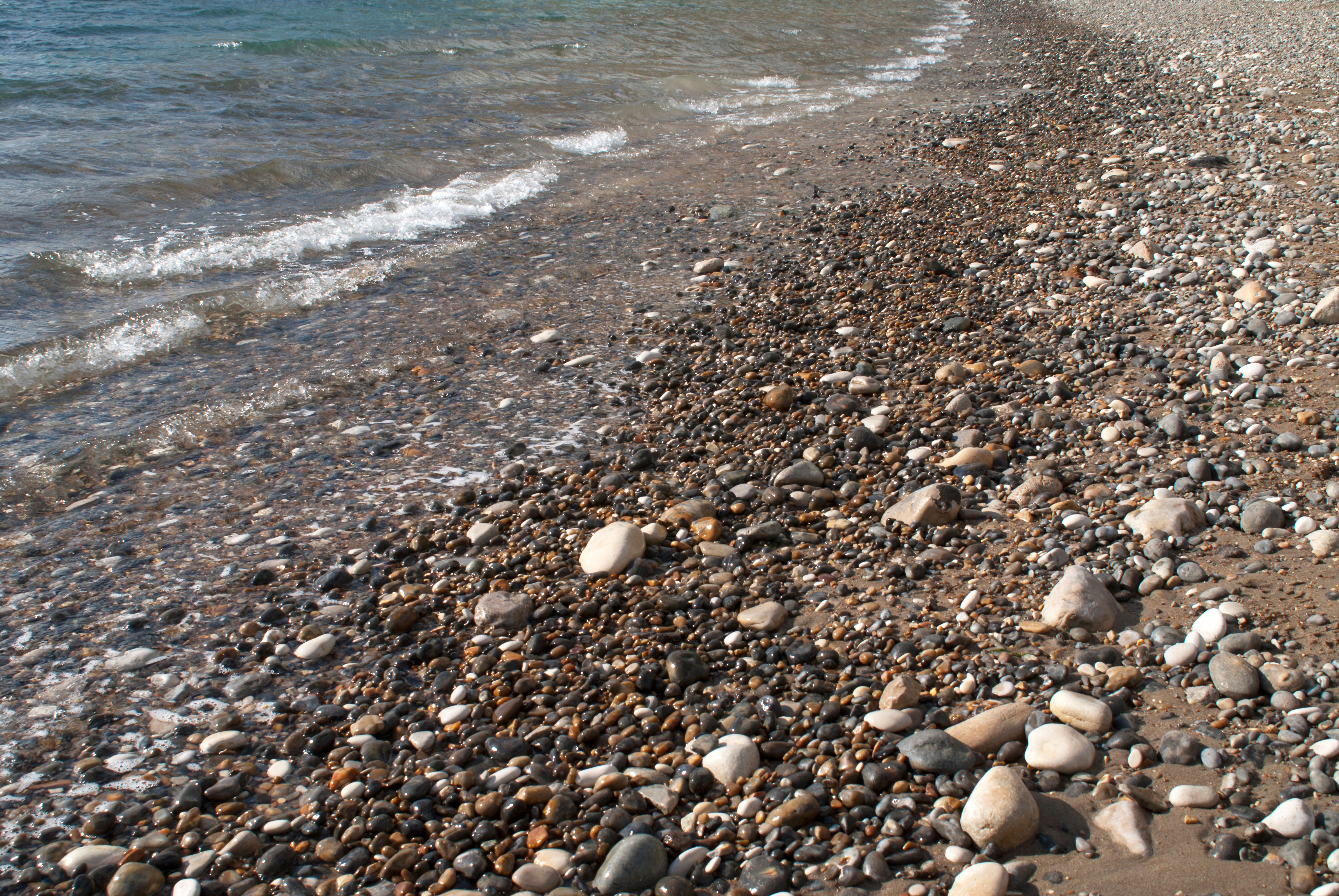Charity raises concern over health of British rivers
The World Wide Fund for Nature (WWF) says government targets to clean-up rivers are unrealistic.

Environmental charity the World Wide Fund for Nature (WWF), has said government’s targets to clean-up British rivers are unrealistic.
The Environment Agency predicts 75% of rivers in England and along the Scottish and Welsh borders will meet EU expectations by 2027, compared with just 14% now, but the WWF believes these targets are ‘very unlikely’ to be met.
Dr Andrew Singer, senior scientist at the Centre for Ecology and Hydrology, said Britain’s rivers are being used like sewers, with human waste allowed to discharge into waters.
‘Our rivers are the lifeblood of the countryside ― vital for wildlife and people, as well as our economy,’ he told the BBC.
‘As we prepare to leave the EU, the UK government must fast-track flagship legislation to better protect and restore our waterways.
‘[They must also] invest in effective monitoring and enforcement to ensure water companies and agricultural industry can no longer use our rivers as open sewers.’
There are more than 18,000 sewer overflows across England and Wales ― and about 90% of them discharge raw sewage directly into rivers, according to the WWF. Overflows are supposed to occur only during extreme rainfall to prevent sewage backing up into homes, but in 2017 the charity found 8-14% of overflows spilling sewage into rivers at least once a week, and between a third and a half at least once a month.
Sign up for the Country Life Newsletter
Exquisite houses, the beauty of Nature, and how to get the most from your life, straight to your inbox.
Sewage pollution has dire effects, causing rapid algae growth and starving the river of the oxygen that wildlife needs to survive. This affects animals like otters and kingfishers that prey on aquatic life.
However, in some parts of the country, work is being done to improve the situation.

Local microbiologist Ann Darracott reports very healthy readings for the waterways in Maidenhead, Berkshire and the reaches between the towns of Maidenhead and Marlow now host a number of otters.
A mixture of weeds and litter were cleared from Maidenhead Waterways, as volunteers in boats removed 58 bags of refuse in an effort to improve the beauty of the town. The Royal Borough of Windsor and Maidenhead Council also passed a biodiversity motion last week.

Credit: Alamy Stock Photo
Researchers discover concerning plastic ‘pebbles’ littering UK beaches
A study has revealed hidden plastic pollution on Britain’s coastline, in the form of pebble-like chunks known as pyroplastic.
-
 The finest interiors in Edinburgh? A seven-bedroom townhouse furnished by Robert Kime comes to market
The finest interiors in Edinburgh? A seven-bedroom townhouse furnished by Robert Kime comes to marketSituated on one of the New Town's grandest terraces, this four-storey property is a collector's dream.
By James Fisher Published
-
 Why LOEWE decided to reimagine the teapot, 25 great designs over
Why LOEWE decided to reimagine the teapot, 25 great designs overLoewe has commissioned 25 world-leading artists to design a teapot, in time for Salone del Mobile.
By Amie Elizabeth White Published